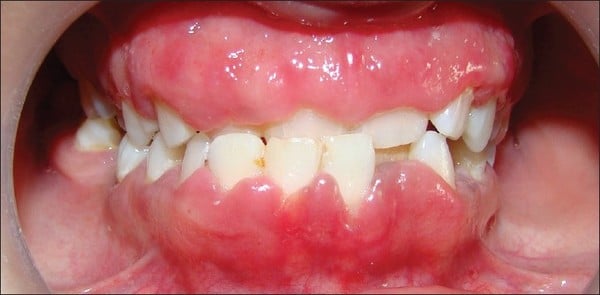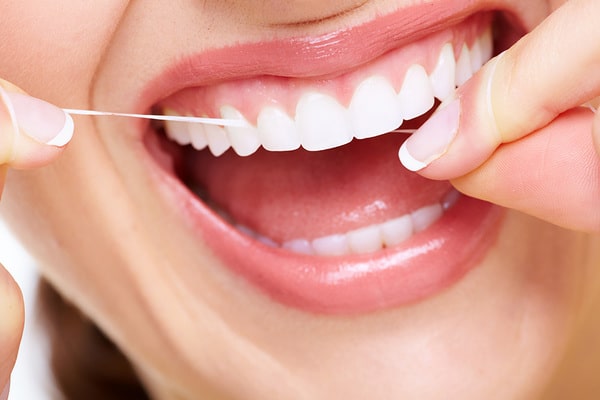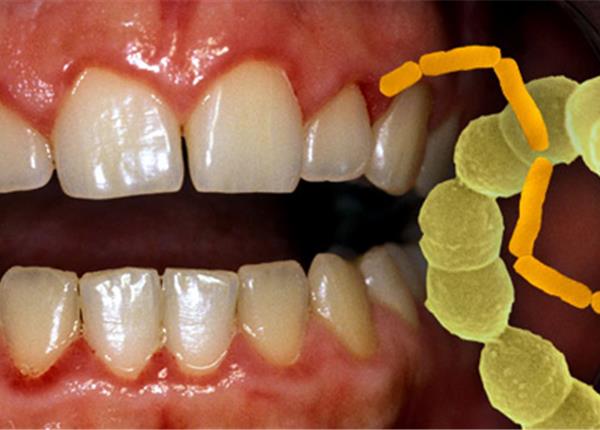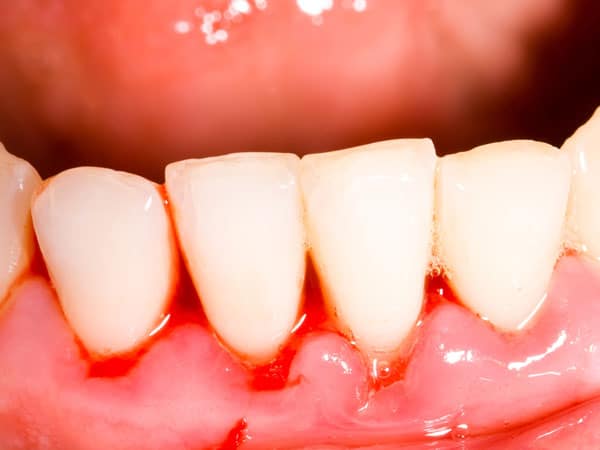Advertisements
5. I’ll Spot the Signs of Gum Disease Before it Gets Too Severe.

courtesy of: petranska.sk
Gum disease isn’t easy to detect, especially early on. In fact, many seniors don’t know that they have periodontal disease because it has been developing slowly over time. That’s why regular dental visits are so important. A professional deep cleaning will remove any plaque build up in places you might not be able to reach on your own.
6. I Shouldn’t Worry if My Gums Bleed when I Brush My Teeth.

courtesy of: thrombocyte.com
Your gums shouldn’t bleed when you brush or floss. Bleeding gums are one of several signs of periodontal disease. Other signs include:Red, swollen or tender gums,sores in your mouth, gums that are pulling away from the teeth, persistent bad breath (halitosis), pus between your teeth and gums,loose or separating teeth,changes in the way your teeth fit together when you bite and any change in the fit of partial dentures.
7. Gum Disease Doesn’t Have Anything to do With the Rest of Your Health.

courtesy of: mobile.ikub.al
The bacteria released with chronic oral infections can spread and contribute to disease in other parts of the body. Gum disease is linked to several other health conditions in seniors, including coronary heart disease and stroke. Having periodontal disease makes it more difficult for people with diabetes to manage their blood sugar levels. It can also pose a threat to people with respiratory diseases or osteoporosis.
If you have gum disease, your dentist may recommend scaling and root planing. This non-surgical gum disease treatment involves removing dental plaque and dental calculus in the pockets around the tooth and smoothing the root surfaces. More advanced cases of gum disease may require surgical dental treatment.
8. Bleeding Gums Are Not That Big of a Deal.

courtesy of: med-health.net
Red, swollen and bleeding gums are an important sign of periodontal disease. If you notice bleeding while brushing or flossing, or when eating certain foods, you should schedule a visit with your dental professional to be evaluated for periodontal disease. Studies have shown that in addition to tooth loss, gum disease may contribute to the progression of other diseases, including heart disease and diabetes, so it is important that you begin treating periodontal disease as soon as possible.
